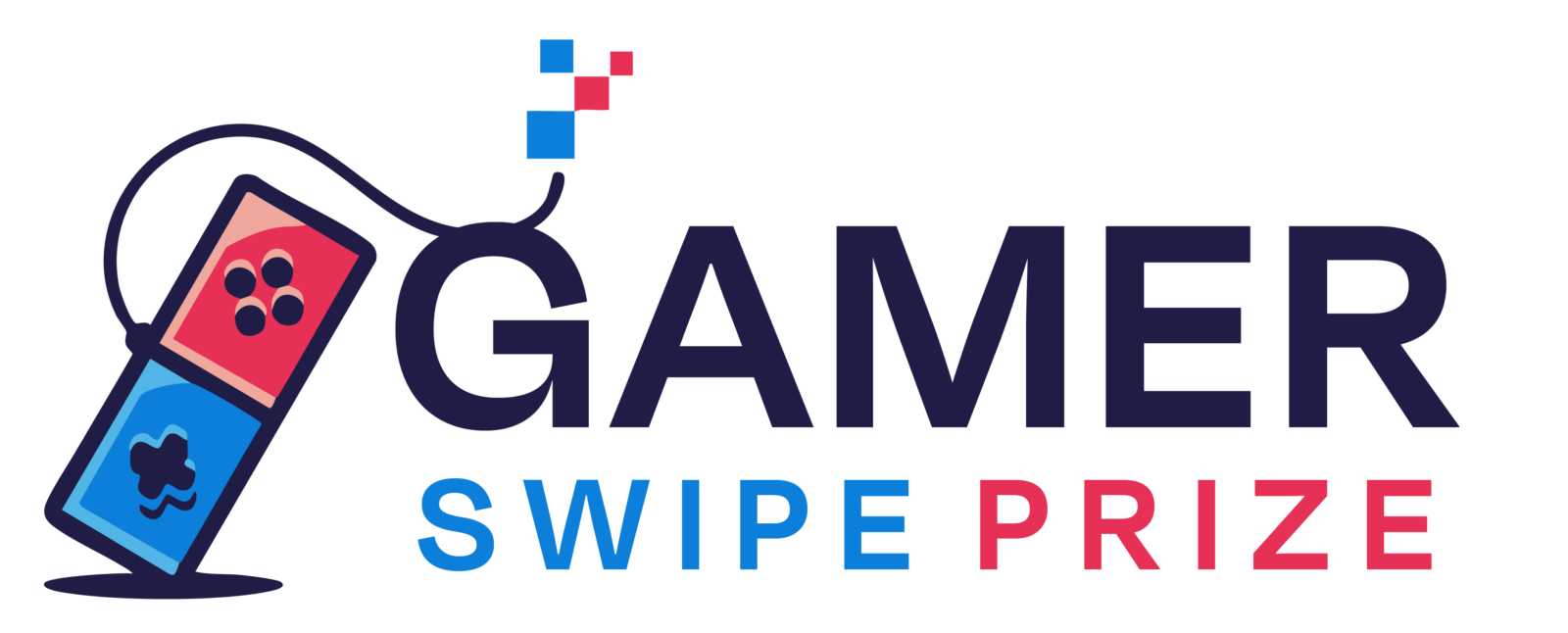What You Should Know About 4388602150
You’ll often come across unfamiliar phone numbers, and sometimes they’re harmless. Other times, they signal a scam or automated marketing. In recent months, “4388602150” has popped up in several complaint forums, caller ID logs, and customer feedback boards. The consensus? It tends to show up unexpectedly and typically doesn’t leave a voicemail.
Now, that doesn’t automatically label it as dangerous. But the pattern does raise flags. It’s often associated with shortduration calls and repeat attempts, especially during business hours. For some, it’s just noise. For others, it’s a disruption they don’t want.
Call Origin: Where’s It Coming From?
The number’s format suggests it originates in Canada—specifically Quebec. The “438” area code is assigned to Montreal and nearby regions. Often, telemarketers and automated systems use this region to mask calls, especially if they’re trying to avoid detection or filtering.
But here’s the catch—it doesn’t mean every call from 4388602150 is spam. Some legitimate service providers, debt collectors, or outsourced customer service reps use thirdparty dialing systems. Still, the lack of clarity around this number creates confusion.
Why It Might Be Calling You
Half the frustration is not knowing why the number is calling in the first place. Based on user reports and analytics:
It’s likely part of a telemarketing campaign It may belong to a customer service department using automated dialers Sometimes, it’s possibly a survey outreach or “ringandhangup” scam
This last tactic is designed to provoke curiosity. Someone sees a missed call from 4388602150, and they call back—only to find out they’ve connected to a paid line or a call center fishing for data.
Should You Call Back?
In short: no. Unless you’re expecting a call from a business in Montreal or you’ve recently interacted with a company operating from that region, it’s not worth calling back. Most reputable companies leave voicemails or follow up with emails. Blindly calling numbers like 4388602150 just opens you up to more unsolicited contact.
How to Handle Calls from 4388602150
Here are a few simple moves you can make:
Block the number: Use builtin tools on iOS or Android. Just go to your recent calls, tap the number, and select “Block.” Report it: In Canada, you can report the number to the CRTC. In the U.S., use the FTC’s Do Not Call complaint site. Use call filtering apps: Tools like Truecaller or Hiya can flag numbers reported by other users and even autoblock them. Don’t engage: If you do answer and hear a delay or a prerecorded message, hang up. The more you interact, the more likely you are to be kept in the system.
4388602150: Not Just for Calls
Interestingly, in some tech circles, the number “4388602150” has been mistaken as a part of error codes or embedded tracking numbers. This is rare, but it shows how easily a sequence of numbers can carry across contexts—causing problems in areas as different as telecom and software logs.
That confusion can happen when platforms log error outputs or tracking data using misconfigured formats. So if you’ve seen “4388602150” somewhere outside your phone—say, in URL strings, CSV files, or form fills—it might just be coincidental.
Bottom Line
Life’s too short to stress about a single phone number, but being cautious is smart. Whether you’re fielding telemarketing calls or just seeing this sequence pop up in odd places, it’s best to treat unknown numbers like “4388602150” with suspicion.
Don’t give it more attention than it deserves. Filter, block, and move on.
Final Thoughts on 4388602150
It’s just a number—but one that’s been getting noticed. If it’s shown up in your recent calls or logs, now you’ve got context. And context is power.
So, stay alert. Don’t call back just because you’re curious. And use the tools at your disposal to keep distractions to a minimum.
Remember, the modern phone is a productivity tool, not an invitation list. How you manage distractions sets the tone for your day. And numbers like 4388602150? Just more noise to filter out.




